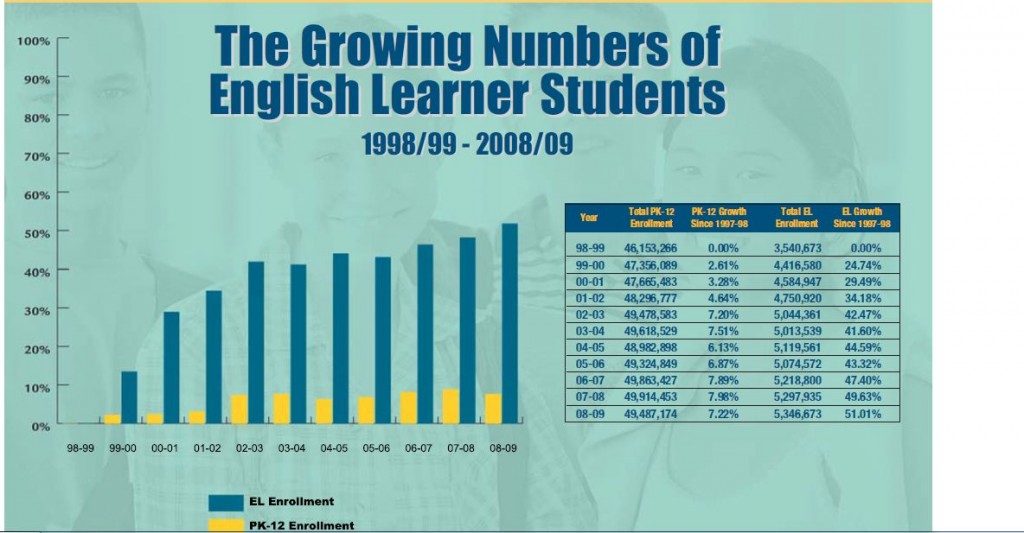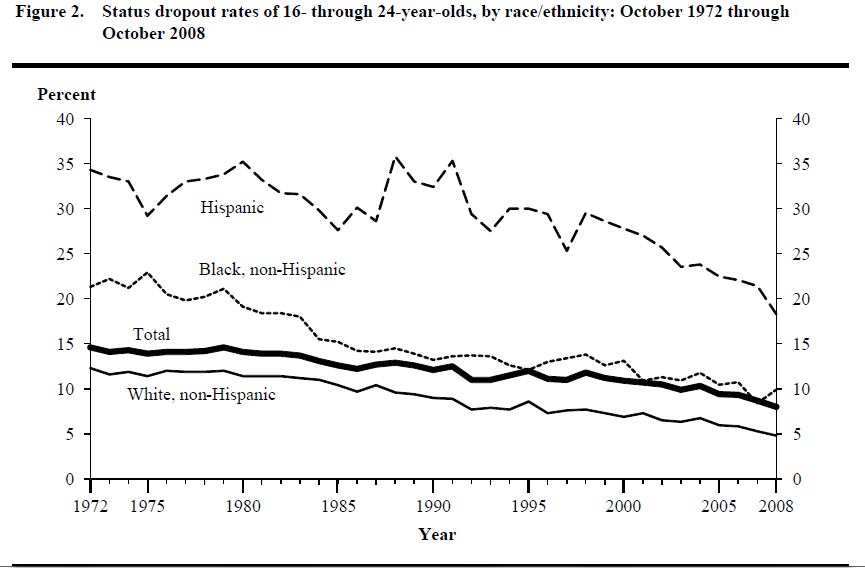It comes as little surprise to me that one of the leaders of the school reform movement is a serial fabulist. The entire movement is built on an edifice of plausible-sounding narratives that are always revealed to be empty when you give them a skeptical reading. On issue after issue within education, the education reform movement writ large has embraced the pleasant unreality of convenient stories over the messy work of gathering evidence responsibly and using it to improve public policy. So that Joel Klein lied about his background doesn’t surprise me; he’s just acting out personally the tendency of the movement writ large. (Perhaps this will shame The Atlantic out of letting him write advertising copy for his privatized reform efforts, which is like letting Ronald McDonald write pieces in your magazine about how McDonald’s hamburgers are delicious and affordable.)
What I am a little bit more surprised about is the fact that so many people are acting as though it’s the lies in his story that render it an improper point of discussion, and not the fact that it is a single piece of anecdotal evidence and thus useless for directing public policy. At the very best, Klein’s story would be a single data point. Arrayed against it is a large and growing body of empirical data that demonstrates that many of the reform movement’s favored policies– charter schools, merit pay, ease in firing teachers– has negligible effect on education outcomes, despite the promises of that movement.
Check this out from theProspectarticle:
As proof, Klein—and others for him—cites his life story in what has become a stump speech for his brand of school reform. Again and again, Klein recounts his own deprived childhood and how it was a public-school teacher who plucked him from a path to mediocrity or worse. He offers his autobiography as evidence that poverty is no bar to success and that today’s disadvantaged children fail only because they are not rescued by inspiring teachers like those from whom Klein himself had benefitted.
OK. Even if Klein’s story were true, and he was a poor kid who lived in a bad neighborhood like he says, this single story couldn’t tell us anything of responsible use when it comes to our public policy. If this story is really being used as evidence, the people taking it seriously probably shouldn’t be making important decisions about education. And if Richard Rothstein is right (and his piece is really a wonderful work of meticulous journalism), and the conventional wisdom has been deeply impacted by Klein’s story… well, that’s insane and scary.
There are multiple reasons to oppose charter schools, merit pay, teacher union busting, and private school vouchers, many related to fair labor practices, accountability when using public money, and local control of local schools. But the most obvious and salient reason is that none of them work to improve educational outcomes in the way that school reformers claim. That’s what any responsible assessment of the extant social science– rigorously conducted, appropriately sampled– tells us. That would be true whether or not one of the people growing rich off of the reform movement personally lived the plot of a Dickens novel. What happened to one guy is irrelevant. What matters is the crushing weight of all the numbers.
Anecdotal Evidence, True or False, Can’t Help UsPost + Comments (50)







